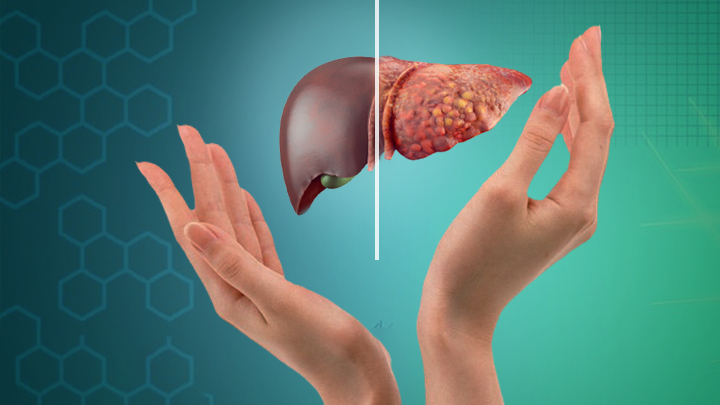A recent study conducted across four Chinese cities has revealed a link between metabolic dysfunction-associated fatty liver disease (MAFLD) and decreased lung function. The research, involving 2543 participants, utilized spirometry and liver ultrasonography to evaluate lung and liver health, respectively. The findings indicated that individuals with MAFLD experienced significantly poorer lung function compared to those with non-alcoholic fatty liver disease (NAFLD). This was particularly evident in measurements of forced vital capacity (FVC) and forced expiratory volume (FEV1), two crucial indicators of pulmonary health.
One of the key observations of the study was the gradual decline in lung function as the severity of liver fibrosis increased in MAFLD patients. Importantly, this association was independent of other factors such as age, sex, and smoking status, underscoring the distinct impact of MAFLD on respiratory health.
The research underscores the necessity of comprehensive management for MAFLD due to its broader implications on overall health, particularly lung function. The study’s results provide valuable insights to medical professionals and patients, emphasizing the significance of early diagnosis and holistic treatment of MAFLD to mitigate its detrimental effects on lung health.
Further research is needed to fully understand the underlying mechanisms behind the relationship between MAFLD and impaired lung function. However, this study serves as a stepping stone towards raising awareness about the impact of liver health on respiratory well-being. It highlights the importance of addressing MAFLD not only for the sake of liver health but also to ensure optimal lung function.
MAFLD is a condition characterized by the accumulation of fat in the liver, often associated with metabolic abnormalities such as obesity and diabetes. It has emerged as a global health concern, with its prevalence increasing rapidly over the past few decades. The disease can progress to liver fibrosis and, in severe cases, result in cirrhosis and hepatocellular carcinoma.
Lung function, on the other hand, refers to the ability of the lungs to take in oxygen and release carbon dioxide. It is an essential aspect of respiratory health and can be affected by various factors, including chronic diseases and lifestyle choices. Impaired lung function can lead to respiratory symptoms such as shortness of breath, decreased exercise tolerance, and reduced quality of life.
The findings of this study highlight the interconnectedness of different organ systems within the body and emphasize the need for a holistic approach to healthcare. Addressing conditions such as MAFLD not only benefits the affected organ but also has implications for the functioning of other vital organs, such as the lungs.
In conclusion, the study provides evidence of a correlation between MAFLD and impaired lung function, suggesting that individuals with MAFLD may be at a higher risk of experiencing respiratory issues. The results underscore the importance of early detection, comprehensive management, and lifestyle modifications to mitigate the impact of MAFLD on lung health. By addressing both liver and respiratory health, healthcare providers can promote better overall well-being for their patients.
*Note:
1. Source: Coherent Market Insights, Public sources, Desk research
2. We have leveraged AI tools to mine information and compile it

